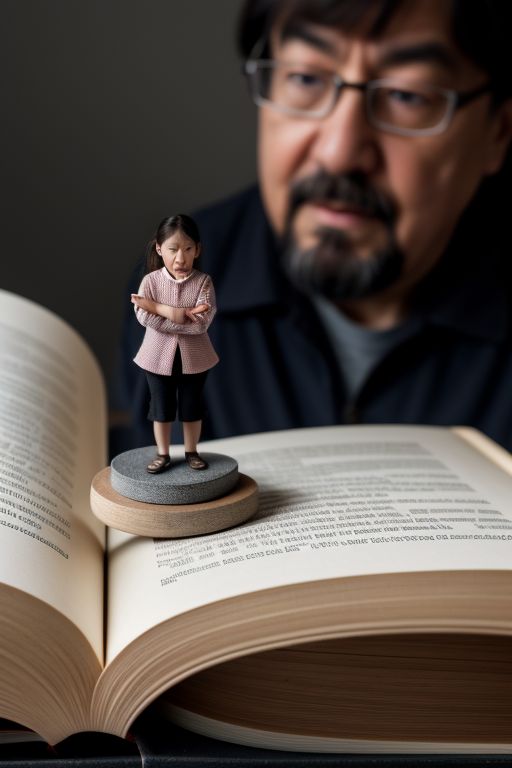Authors do awful things to their characters, don’t they? They burden them with intractable dilemmas, cause heartache, fear, misery, and depression, to say nothing of life-and-death peril, often resulting in bodily harm or death. If writers wreaked such havoc on real people, they’d be locked up.

Advice from Authors
This past week, I attended a Zoom lecture given by author Jack Campbell. He said if you get stuck while writing, it’s often because you haven’t been mean enough to your characters. He said Mark Twain called it chasing your characters up a tree and then throwing rocks at them. (I can’t find the actual quote on any Twain site and it’s often attributed to others.)
I recall attending a writing class taught by the late author Ann C. Crispin. She told us, if you met your characters in real life, just walking down the street, they should want to punch you in the nose for what you’ve done to them.
The Reason
Why do authors mistreat their own characters? Does sadism explain it?
No, I don’t think so. I take no pleasure if tormenting my characters, and I suspect other writers feel the same way about theirs.
The answer lies with readers. I’m not reader-shaming here, just stating a fact. Readers take more interest in stories where characters suffer misfortune than in stories where they don’t. If the reading public preferred slice-of-life stories about characters enjoying a nice strife-free day, writers would cater to that need.
If you ask why readers prefer stories about suffering, and keep asking why, you’ll enter the realm of philosophy. I won’t venture far down that path, except to say we humans find ourselves living in an uncaring universe. We all want things, whether it’s an ice cream cone or world domination. Since the universe doesn’t cater to our whims, those unsatisfied desires cause us to struggle to pursue our needs. The struggle leads to suffering.
In other words, the universe treats us just as badly as writers treat their characters. Therefore, readers crave stories about characters grappling with problems and experiencing misfortune.
Degrees of Meanness
Many writers inflict physical pain on their characters, from bloody noses to broken bones and even death. Being mean, though, needn’t involve physical trauma. As often, or maybe more often, characters must endure mental anguish of some kind. They must suffer terror, grief, melancholy, distress, jealousy, rage, or any of hundreds of others.
The author control panel includes selector switches for characters, a thousand buttons for the type of suffering to impose, and a dial for the degree of discomfort, with a scale from mild to intolerable.
Is this Necessary?
I know this sounds twisted, brutal, and merciless. However, no real people are harmed in the creation of fiction. Moreover, the agony suffered by characters serves a purpose. Their survival, if they survive, gives readers hope. If the main character dies or otherwise fails to alleviate the suffering, that failure serves as a warning to readers—don’t do what that character did while alive. Some fault, some flaw in the character led to a deserved death.
You’ll find informative discussions about this by Justin Ferguson, the folks at MightyAuthor.com, and Jami Gold.
Be Nice Instead?
Perhaps you’d prefer to write a pleasant story, where nice people live in a nice place and do nice things to each other. You’re free to do so. It might even sell. You’ll have to craft your story so that readers remain interested somehow, attracted by your style of writing, or fascinated by the characters or setting such that they keep wondering what’s going to happen next.
That sounds difficult to pull off. Such a book wouldn’t meet reader expectations. Most often, they clamor for conflict. As author Veronica Roth said, “If there’s no conflict, there are no stories worth telling—or reading!”
I can’t find the citation, but I believe Isaac Asimov said that the task of the storyteller is to maximize the impact on the reader’s emotions. You’ll find it difficult to do that with out being cruel to your characters.
Cruel to be Kind
Think of it like the 1978 song, “Cruel to be Kind” by Nick Lowe. In this case, you’re being cruel to your characters to be kind to your readers. Since your characters can’t fight back and your readers pay for your books, that works to your advantage.
If you’ll excuse me, some fictional characters are due to get roughed up by mean ol’—
Poseidon’s Scribe
